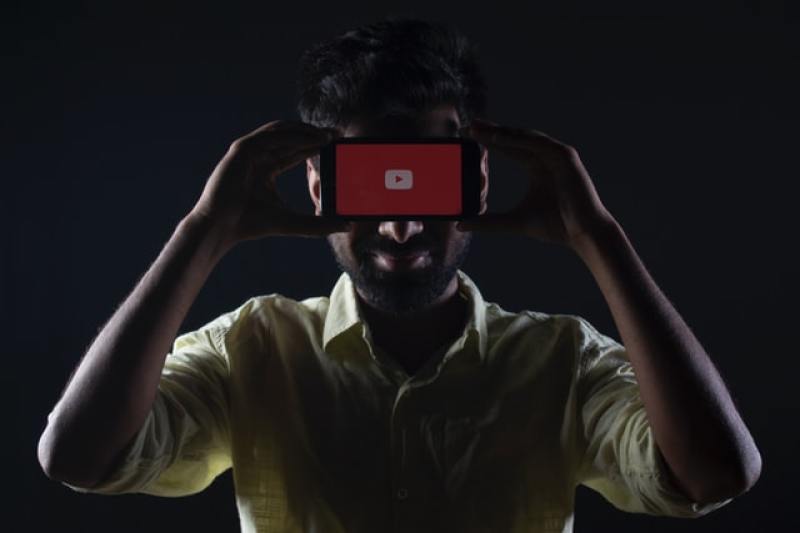
Social media is believed to be facilitating the development of a new religion, one that is aided by the ambiguous rules of Big Tech's data monopoly.
Intercessors for America (IFA) shared one article from the Wall Street Journal that they believe should be looked into further rather than dismissed out of hand.
It was written by Archbishop Salvatore Cordileone of San Francisco and Jim Daly, head of the Christian organization Focus on the Family, and was titled "Social Media's Threat to Religious Freedom."
It said that on August 7, the Sacramento Gospel Conference which was live streamed on the Immanuel Baptist Church's YouTube account, was taken down twice. Author and Presbyterian minister Carl Trueman was ousted during the live broadcast presentation for alleged "content violation."
Trueman was in the midst of delivering his series of lectures at the time. The first interference was explained to viewers as the consequence of a copyright infringement, presumably caused by Christian music played during a timeout by the organizers of the event.
However, in the second, more puzzling occurrence, Trueman's presentation was suddenly terminated due to "content violation." The specifics of the alleged content violation, however, was not disclosed.
Cordileone and Daly, co-authors of the article, said that nothing about Trueman's lectures promoted hate, crudeness, or aggression. On the flipside, he provided a thorough study of American cultural views toward sexuality through the prism of traditional Christian theology, referencing authors ranging from Freud to the theorists Rousseau and Charles Taylor.
In other words, Trueman's lecture on the Christian perspective on sex was considered a "content violation."
Consequently, Trueman and other religious believers were naturally concerned after the event that religious expression was being suppressed online.
"We sense that the First Amendment guarantee of religious liberty is being dismantled, and with it the profound contributions that religion makes to American unity and self-government," Cordileone and Daly wrote.
The authors observed that "today's sexual politics" operates as a new form of "fundamentalism," one that poses a serious challenge to a multicultural and democratic nation.
"Social media enables the new fundamentalism, enforced by the mysterious rules of Big Tech's quasi monopoly," they said. "On public sidewalks, the First Amendment still theoretically protects free speech. In the new public square of the internet, power displaces liberty and conscience."
In place of supporting the democratic discourse, these new "fundamentalists" want to forcibly push their agendas. This new fanaticism, according to the authors, is replacing the moral beliefs that previously anchored American society. The outcome would be a harsher, less empathetic society.
In the case of Trueman, they argued that the "American experiment" was built on, and has always found success on, religious believers' right to "speak, teach, preach, practice, serve, and work in peace" not just in private, but also in public. They contend that knowing the truth about God and mankind elevates all lives.
"There is a reason the Pledge of Allegiance places our national loyalty 'under God.' Without that protection, the ambitions of power tend to corrupt conscience and deform human rights," they stressed.

































